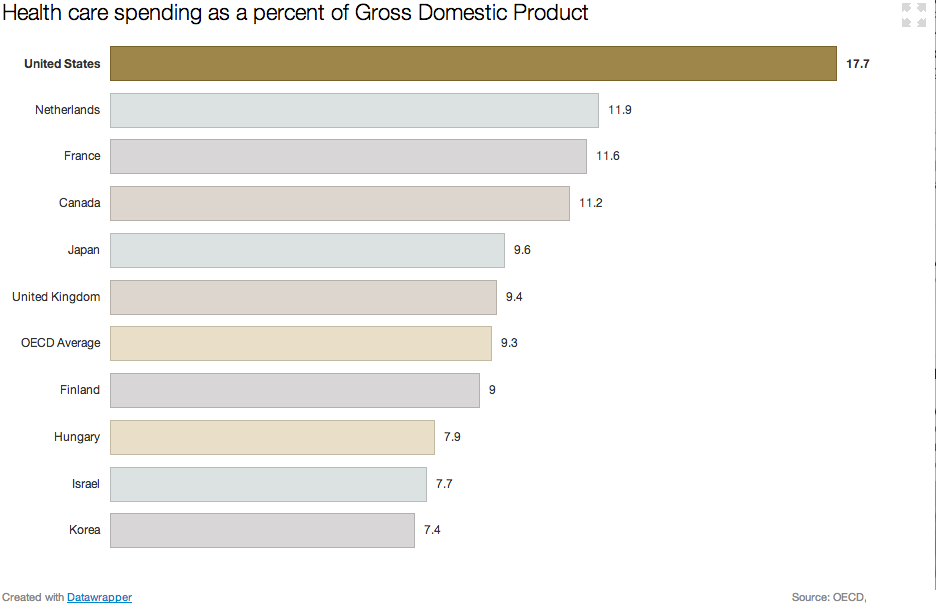http://www.thenation.com/article/182099/brain-cancer-rate-girls-town-shot-550-defense-contractor-blame
There are many factors that make it easy for a company to pollute with impunity. In Deceit and Denial: The Deadly Politics of Industrial Pollution, historian David Rosner describes how plastics and chemical manufacturers avoided regulation in part by making their own economic interests seem synonymous with those of the country. In Pratt & Whitney's case, no fancy PR was necessary: its product is already understood to be not just airplane and rocket engines but national security itself. And being part of the defense industry carries weight not just in the court of public opinion, but also in a court of law.
"Judges tend to be, historically, extremely deferential to anything relating to national security, especially if it involves the military," says Stephen Dycus, a professor at Vermont Law School and the author of National Defense and the Environment. Dycus notes that it's not uncommon for defense-related companies to resist providing information because of military sensitivity, as Pratt & Whitney has done in the Acreage case.
Although the Defense Department (which utilizes some 30 million acres of land) and its contractors are subject to the same environmental laws as everyone else, the difficulties of prosecuting such cases means that they can—and often do, according to Dycus— get away with contaminating the environment. This constitutes a huge problem, though one that, he says, seems to spur little outrage.
"If Al Qaeda sent a team of sleeper cells to poison our groundwater and release toxic materials into the air, people would go nuts. It would be an act of war," Dycus notes. "But if we do it to ourselves in the name of national security, in preparation for war, that seems to be sort of OK."
Pratt & Whitney has not only identified itself with the country's security but has enhanced its public image by embracing the fight against cancer and the cause of protecting the environment. It's a gold-level sponsor of the American Cancer Association's local "Relay for Life" fundraiser, and its chief executive was a vice chair of the group CEOs Against Cancer. It helped start the P2 Coalition of Palm Beach County ("P2" is short for "pollution prevention") in 1994, along with the Palm Beach County Health Department, other local businesses and the Jupiter Chamber of Commerce. P2 began as a friendly collaboration based on "the good working relationship between the regulatory community and industry," as one internal document put it. The group's efforts extend to sponsoring green-themed events, such as elementary-school poster contests on environmental topics and Earth Day "Peace Jams." thenation.com

Jenna McCann’s father and sister at a community meeting in July
2009. Jenna died in the spring of 2006 at age 4. (Allen Eyestone / The
Palm Beach Post)

































